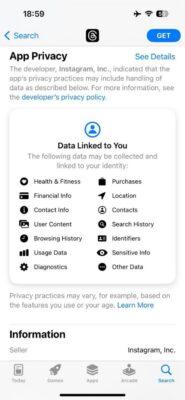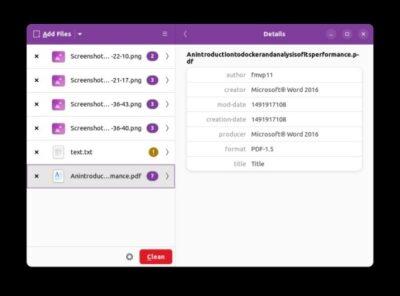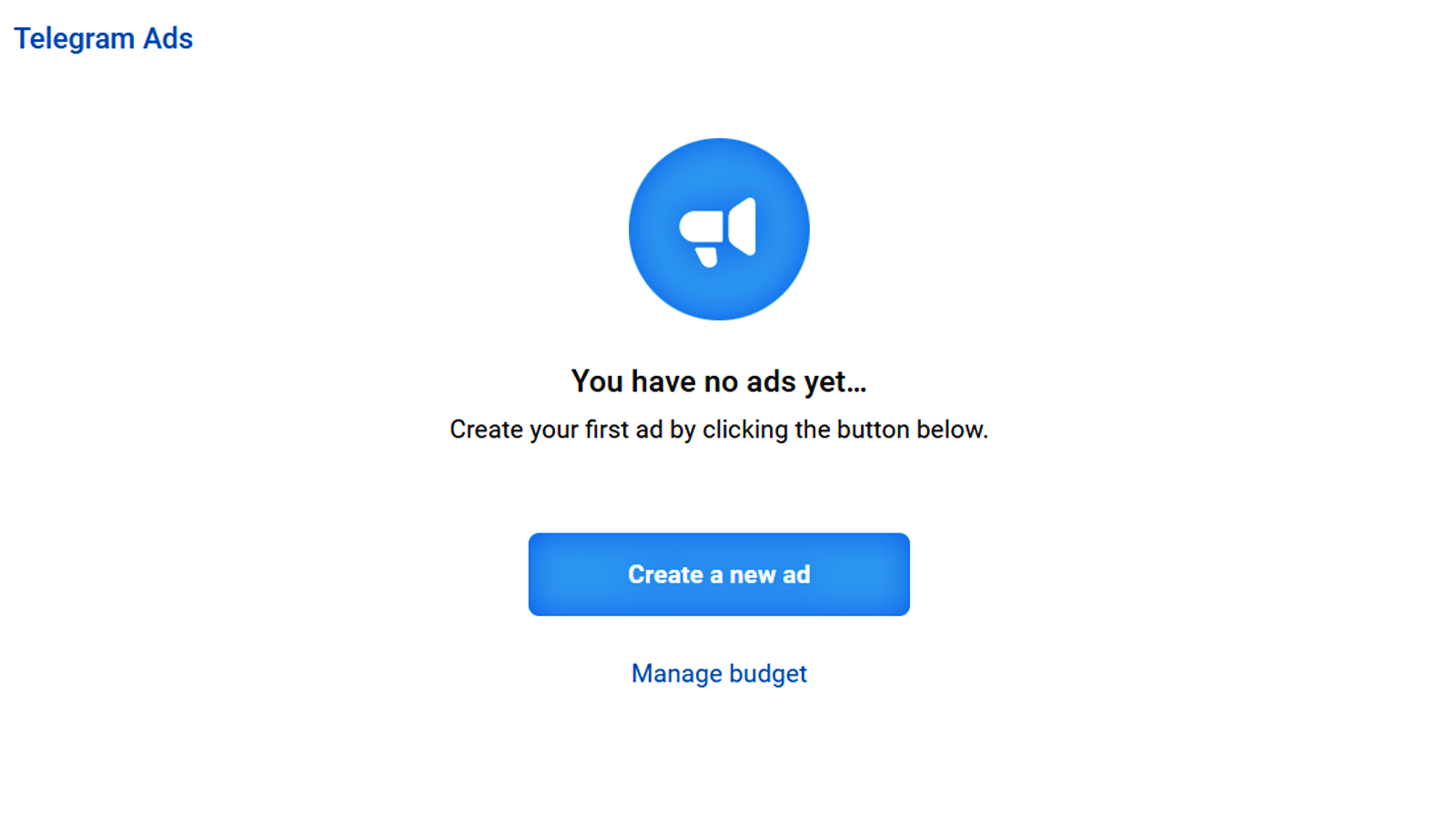NRC
Data - Voor techbedrijven is het niet meer genoeg om enkel ons gedrag in de gaten te houden. Ze proberen toegang te krijgen tot onze gedachten en gevoelens, waarschuwt advocaat Susie Alegre.
Niet alleen ons gedrag wordt met steeds verfijndere digitale middelen voortdurend in de gaten gehouden en bestudeerd. Ook wat er in ons hoofd gebeurt, waarschuwt Susie Alegre, is niet meer veilig voor de dataverzamelaars van Big Tech. „En daarmee staat een elementaire vrijheid op het spel: de vrijheid om te denken wat je wil.” (...)
Alegre wilde niets weten [van een spraakgestuurde digitale assistent op de kamer van haar zevenjarige dochter], vertelt ze in haar boek Freedom to Think; The Long Struggle to Liberate Our Minds. Ze legde haar dochter uit: „Alexa steelt je dromen en verkoopt ze.” (...)
Haar uitgangspunt, net als dat van andere technologiecritici, is dat we met ons online gedrag meer over onszelf prijsgeven dan we beseffen.
„Dat doen we niet alleen door de inhoud van wat we op internet delen, maar ook door metadata: waar we zijn, hoe snel we ons verplaatsen, wanneer en met welke regelmaat we rondhangen op sociale media, wat we wanneer opvragen bij spraakgestuurde apparaten. Al die gegevens kunnen worden samengevoegd en geanalyseerd om een beeld te krijgen van wie we zijn, wat we denken en waar we naar verlangen. (...)
„Veel advertenties die op internet aan je worden voorgeschoteld zijn speciaal op jou toegesneden, of beter gezegd: op de mens die Facebook en Google willen dat je bent. Je kunt zeggen: wat geeft dat? Maar het kan bijvoorbeeld betekenen dat jij bepaalde vacatures, huurwoningen of potentiële partners niet te zien krijgt, omdat jij daar volgens het algoritme niet het geschikte type voor bent.” (...)
„Politieke campagnes maken ook gebruik van dat soort persoonsgerichte advertenties – ‘microtargeting’. Dat bleek al uit het schandaal rond Cambridge Analytica (het Britse bedrijf dat voor de Amerikaanse presidentsverkiezingen van 2016 gegevens van miljoenen Facebook-gebruikers benutte voor de verspreiding van advertenties voor Donald Trump onder mensen die daarvoor gevoelig leken, red.).
„Je zal daardoor niet opeens van links heel rechts worden. Maar het kan je wel aanmoedigen, of juist ontmoedigen, om te gaan stemmen. En zelfs als het niet werkt is het toch een poging tot manipulatie van ons denken. (...)
„Als individu hebben we mentale privacy nodig. Een innerlijke ruimte waarin je kunt ontdekken wie je bent, wat je wil zijn, wat je vindt van dingen, zonder dat je het met iemand anders hoeft te delen.” (...)
Hebben reclame en propaganda niet altijd al tot doel gehad in ons hoofd te komen, ook lang vóór internet?
„Tot op zekere hoogte wel. Maar de grote vraag is nu: waar ligt de scheidslijn tussen beïnvloeding en manipulatie, tussen preken en hersenspoelen? Bij advertenties ligt die grens bij digitale surveillance en personalisatie. Die vorm van beïnvloeding gaat veel verder dan een reclamebord langs de weg.”
„Wat mij betreft worden alle vormen van gepersonaliseerd adverteren verboden. Online advertenties zijn dan nog steeds mogelijk, maar wat je te zien krijgt hangt niet meer samen met wat een site of een tech-firma weet over je persoonlijke eigenschappen of je gedrag.” (...)
„Neem websites voor geestelijke gezondheid, waarop mensen vragenlijsten invullen over hoe het met ze gaat en of ze depressief zijn. Dus over wat er in hun hoofd omgaat. Uit een onderzoek in het Verenigd Koninkrijk, Frankrijk en Duitsland bleek dat de antwoorden in veel gevallen verkocht werden aan derden. De sleutel naar de geest van mensen bleek geveild te worden! Het is toch evident dat dát niet toegestaan moet zijn?”
„Of neem apps die helpen je menstruatiecyclus te voorspellen. Niet alleen voeren mensen daarop allerlei informatie in, maar die kan ook gecombineerd worden met andere data uit je telefoon. Dat levert een berg gegevens op over de vruchtbaarheidsstatus, seksuele activiteit en emotionele toestand van talloze vrouwen. Sommige van die apps gebruiken de informatie om je aan te sporen: je bent nu 29, de perfecte leeftijd een baby te krijgen. Dat lijkt behulpzaam, maar kan ook een vorm van onaangename sociale controle zijn.”
„Of neem dating apps. Mensen delen daarop vaak veel over zich zelf, van hun seksuele voorkeuren tot hun gezondheid en politieke opvattingen. Gebruikers stemmen ermee in dat anderen dat kunnen zien. Maar beseffen ze hoe die data worden opgeslagen, geanalyseerd, gedeeld, verkocht en gebruikt om algoritmes te ‘trainen’?” (...)
„De echte verandering moet komen van regulering via wetten. In de tech-wereld wordt nu veel gesproken over ethiek, maar lang niet genoeg over mensenrechten en wetgeving. Want ethiek is vrijwillig en daar kun je voor kiezen of niet. Om je ethische gedrag alleen kun je niet voor de rechter worden gedaagd. Daarom moeten we bij wet vastleggen wat er met onze gegevens mag gebeuren, wat alleen met uitdrukkelijke toestemming mag en wat in geen geval mag.” (...)
Hele artikel
> Zie ook: Brussel vindt Nederlandse privacywaakhond te strikt (NRC)
:format(jpeg):fill(f8f8f8,true)/s3/static.nrc.nl/bvhw/files/2022/07/data87045329-d6e7d9.png)
Tags: #nederlands #boeken #big_tech #techbedrijven #data #data_mining #big_data #surveillance_capitalism #surveillancekapitalisme #profiel #profilering #vrijheid #facebook #meta #metagegevens #metadata #sociale_media #google #alphabet #youtube #tiktok #twitter #gokreclames #gokken #Cambridge_Analytica #politieke_beinvloeding #persoonsgerichte_advertenties #gezondheidssites #medische_gegevens #apps #menstruatieapp #menstruatie #seksuele_voorkeur #gegevens #persoonlijke_gegevens #privacy #1984 #ethiek #mensenrechten






:format(jpeg):fill(f8f8f8,true)/s3/static.nrc.nl/bvhw/files/2022/07/data87045329-d6e7d9.png)
:format(jpeg):fill(f8f8f8,true)/s3/static.nrc.nl/bvhw/files/2022/07/data87045329-d6e7d9.png)





/cloudfront-us-east-2.images.arcpublishing.com/reuters/LOUBLXFN55O2JJL4YGYMZPDNIU.jpg)
